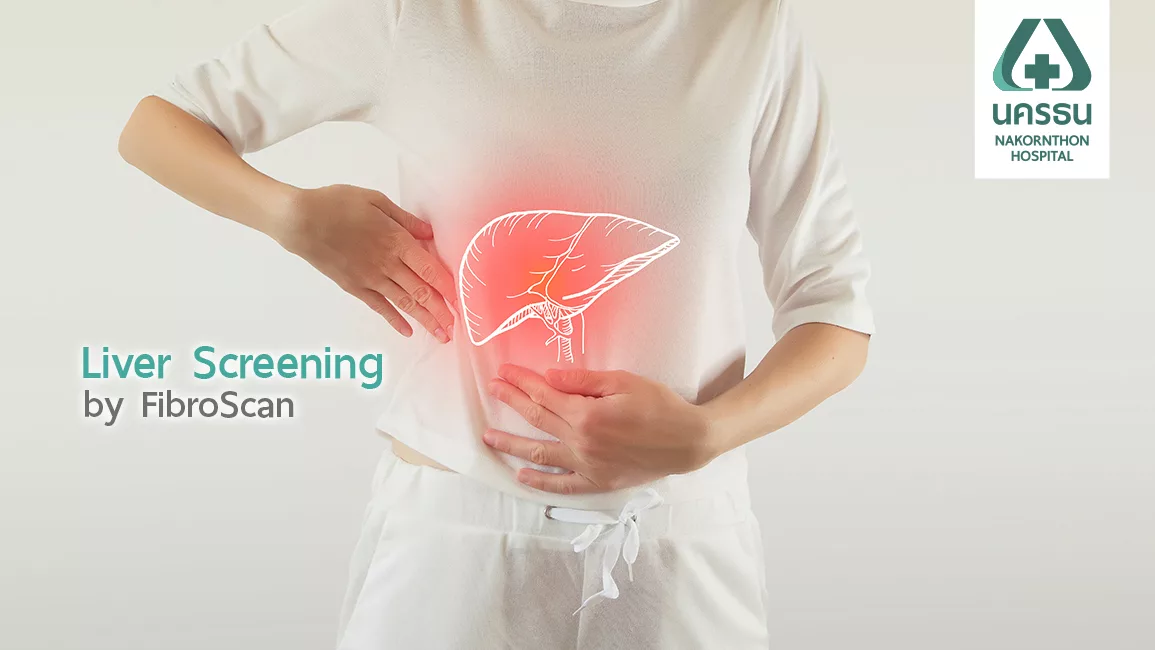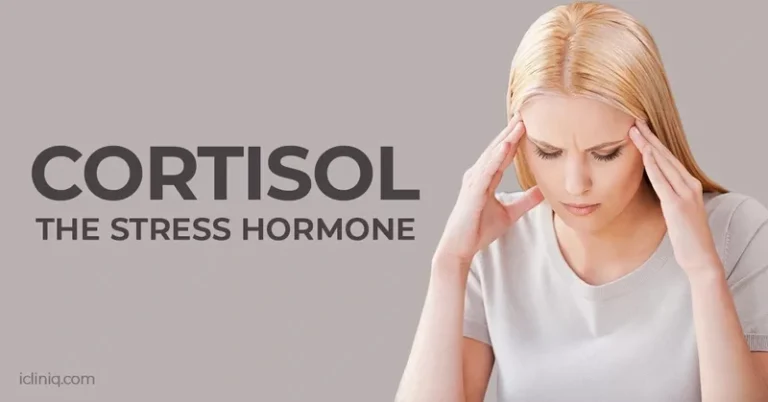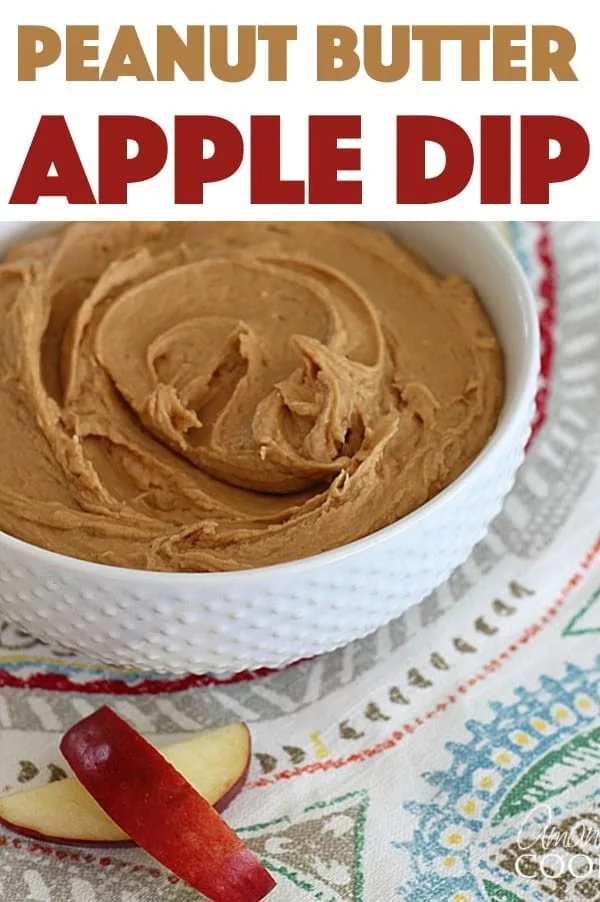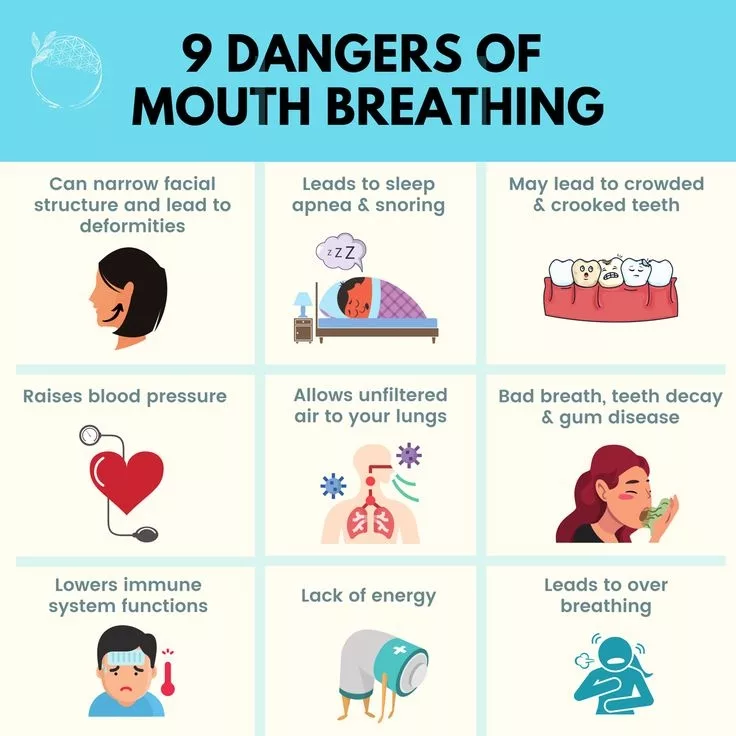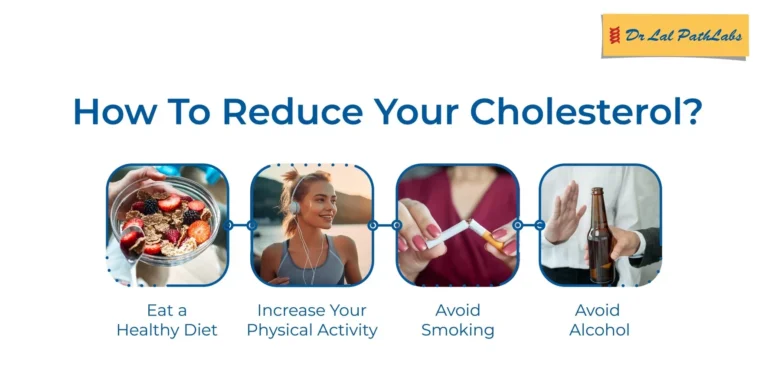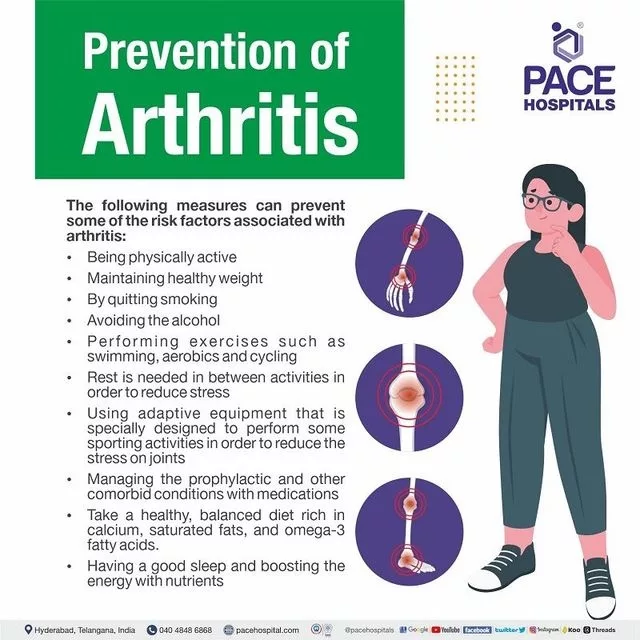Warning Signals! Major Symptoms and Prevention Methods When the Liver is Damaged
Hello! Today, I’d like to talk about warning signals. Let’s explore the major symptoms that appear when our liver is damaged and the prevention methods. This will be a time to consider ways to take care of our health together. Let’s get started!
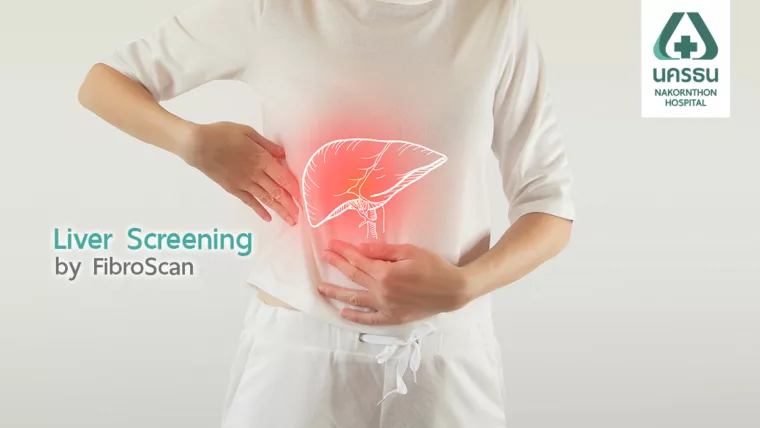
-
Importance of Liver Health
The liver is one of the most important organs in our body. The liver is responsible for removing toxins and processing nutrients in our body. Therefore, liver health plays a crucial role in our overall health.
-
Early Symptoms of Liver Damage
When the liver is damaged, some early symptoms may appear. These symptoms are mainly fatigue, indigestion, weight loss, and skin changes. If these early symptoms are ignored and left untreated, the liver damage may progress, so it is important to address them early on.
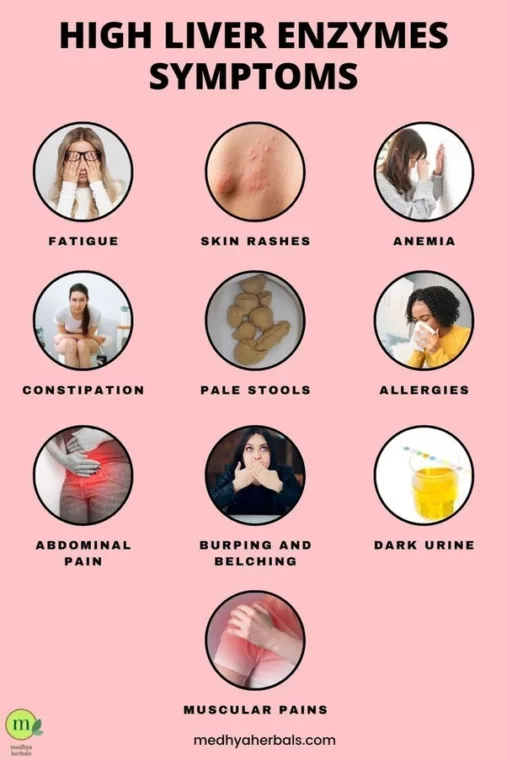
-
Key Signs of Advanced Liver Damage
As liver damage progresses, dangerous signs may appear. These major signs include abdominal pain, nausea, weight loss, yellowing of the skin, and allergic reactions to food. These symptoms indicate serious liver dysfunction, so immediate professional help is necessary.
-
Major Causes of Liver Damage
Liver damage can occur due to various causes. The main causes include excessive alcohol consumption, obesity, drug abuse, and viral infections. Recognizing and preventing these causes can help maintain liver health.
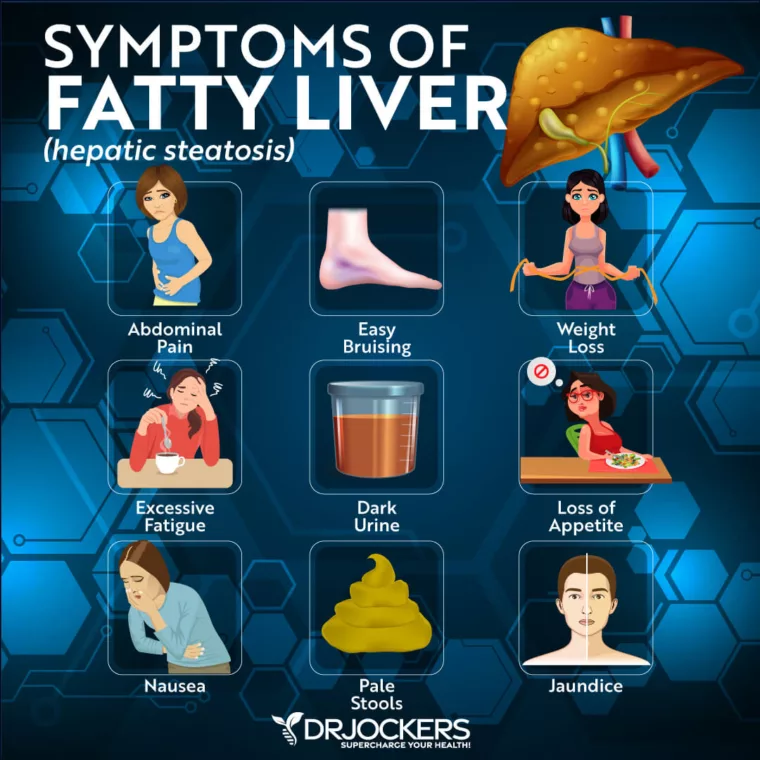
-
Healthy Lifestyle Habits for Liver Health
Maintaining healthy lifestyle habits is crucial for preserving liver health. This includes regular exercise, a nutritious diet, sufficient sleep, and stress management. Additionally, limiting alcohol and tobacco use, and maintaining a clean environment are also important.
-
Dietary Recommendations for Liver Disease Prevention
Diet plays a vital role in liver health. It is recommended to reduce high-fat and high-sugar foods, and instead consume plenty of fresh fruits, vegetables, and fiber-rich foods. Drinking enough water and moderating caffeine and alcohol intake are also important.
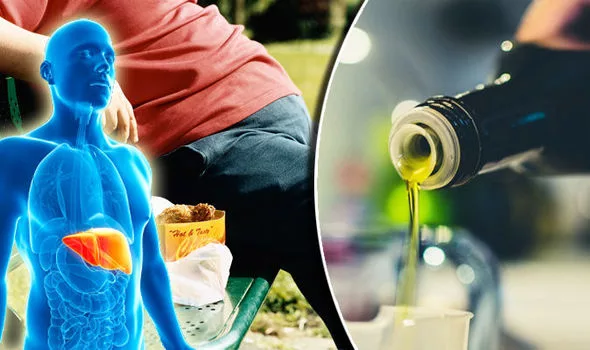
-
Regular Checkups and Liver Health Management
Regular checkups and liver health management are necessary to maintain liver health. Periodic blood tests to assess liver function, and receiving hepatitis vaccinations are crucial. Following the advice of healthcare professionals for necessary tests and treatments is also important.
-
Practical Ways to Protect Liver Health
Here are some practical ways to protect liver health:
- Limit or avoid alcohol and tobacco use.
- Maintain a healthy diet rich in fiber-rich foods.
- Engage in regular exercise and get enough sleep.
- Manage stress and maintain a positive mindset.
- Maintain a clean living environment and be cautious about infections.
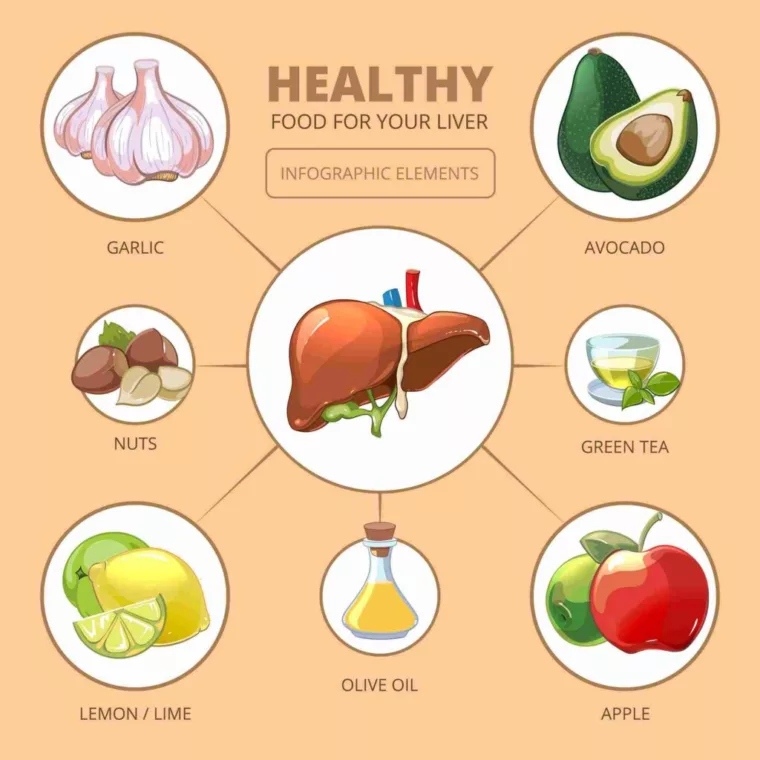
- Good Nutrients and Dietary Habits for Liver Health
- Vitamin A: An important vitamin for maintaining liver function. Found abundantly in eggs, butter, cheese, and liver.
- Vitamin B: B-complex vitamins help with liver detoxification. Found in meat, fish, eggs, grains, and legumes.
- Vitamin C: Helps protect liver function and detoxification. Found in fruits and vegetables.
- Amino Acids: Necessary for protein synthesis and liver function. Found in meat, fish, eggs, and legumes.
- Fiber: Helps with gut health and toxin elimination. Found in vegetables, fruits, and whole grains.
- Healthy Fats: Olive oil, avocado, and nuts are good for liver health.
- Balanced Diet: Maintaining a diet with a variety of nutrients is important.
- Moderate Drinking: Excessive alcohol consumption is harmful to the liver, so moderation is key.
- Regular Exercise: Helps promote liver health.
Practicing these good nutrients and dietary habits can help maintain liver health.

Liver health is closely linked to our overall well-being. From early symptoms to advanced damage, prevention and proper management are essential to safeguard liver health. Adopting healthy lifestyle habits and undergoing regular checkups can help maintain liver health. Being vigilant about warning signals and addressing them promptly is crucial. Let’s work together to keep our bodies and livers healthy!
